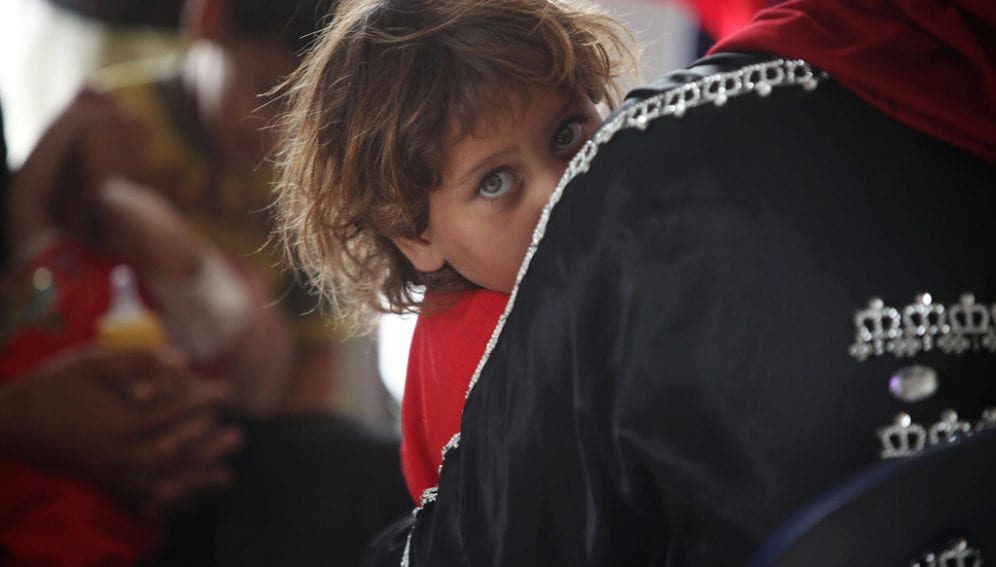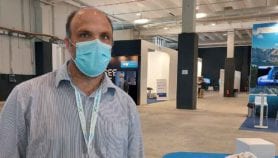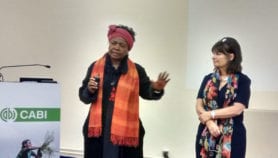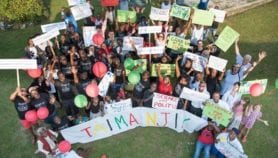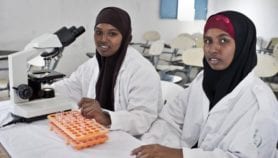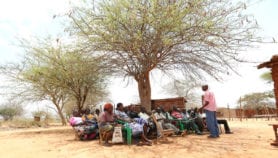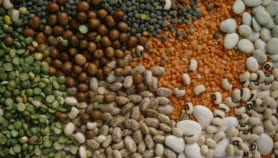By: Alice Hazelton
Send to a friend
The details you provide on this page will not be used to send unsolicited email, and will not be sold to a 3rd party. See privacy policy.
A charity set up to support development by acting as a broker between UK scientists, NGOs and developing world firms has failed to gain traction and is trying to refocus its mission by launching an online collaboration on global risk.
Science for Humanity was created in 2008 with the aim of letting scientists showcase technologies — in fields such as medicine, agriculture, energy, water supply and sanitation — to NGOs and local people, who could then advise on how best to adapt them.
But the organisation has found few scientists willing to give up their time to meet partners. As a result, Science for Humanity plans to launch a Global Risk Register project as its new face. The register would deal with a range of risks that threaten humanity, including environmental and technological ones.
However, this launch is now more than two years behind schedule.
“With the old model, we found that it was hard to get scientists to give up their free time to have meetings with partners.”
Anu Devi, Global Risk Register
The charity now says it hopes to unveil a new online platform for this project within a year.
According to the pilot version of the website, the register aims to “create a global community — from business, government, academia, NGOs, other international organisations and individuals — actively collaborating to manage and share information about risks and best practice for risk management and mitigation for the benefit of humanity”.
Anu Devi, founder of the Global Risk Register and programme director of Science for Humanity, says: “We decided to implement a new business model. With the old model, we found that it was hard to get scientists to give up their free time to have meetings with partners.”
By setting up a platform for collaboration, Devi says that scientists themselves will also benefit by networking with other experts and by increasing their knowledge of societal, economic, geopolitical, environmental and technological risks.
The organisers hope that scientists will be more inclined to share their knowledge in an online community than by giving up time having one-to-one meetings with partners.
The pilot version of the register was launched in June 2011 and tested for a month by a selected group of users. Following this, the register was meant to be launched publicly in September 2011, but Devi says the platform is still under development.
“We’re in the transition phase at the moment, but we’re hoping to have the platform up and running this year,” she says, adding that so far, 300 people have expressed interest in joining the new online community.
> Link to pilot Global Risk Register site
More on Networks

Script media release
Journalists offered ‘big break’ mentoring opportunity from Radio Nigeria
03/04/19


